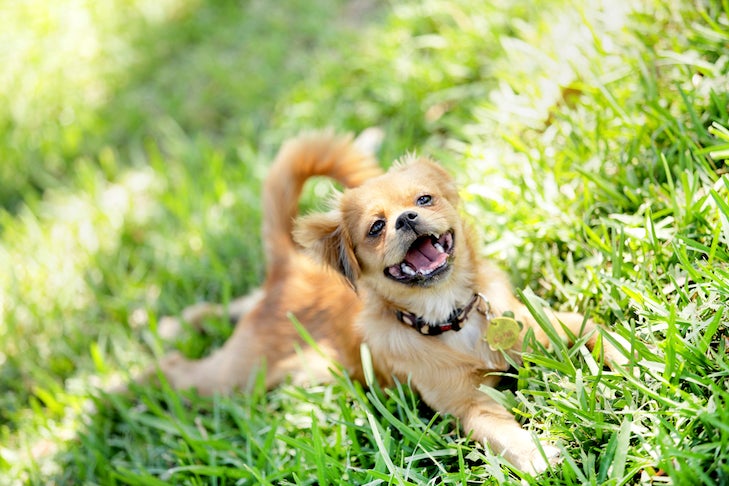On a scorching summer day, giving your dog ice cubes, frozen treats, or ice in their water can be a great way to keep them cool. However, is there a chance that they could break a tooth, get it stuck in their throat, or develop a life-threatening bloat as a result?
Giving your dog homemade frozen treats or ice cubes is generally acceptable, but there are some concerns to be aware of and safety measures we advise you to take.
Are Ice Cubes Dangerous For Dogs?
I initially replied, “Only if someone throws an ice cube at a dog’s eye,” to the question, “Are ice cubes dangerous to dogs?” but the query seemed to persist. A dog who consumed ice cubes was reported to end up in a veterinary emergency hospital where he needed surgery to treat “bloat.” According to reports, the responsible veterinarian believed that the dog’s consumption of ice cubes was the cause of the bloat.
Bloat, also known as gastric dilation volvulus, is a serious, potentially fatal condition that develops when the stomach suddenly fills with gas and rotates inside the abdomen. There has been extensive research into the potential causes of bloat, including genetics, diet, environment, and exercise/activity, all of which may play a role in its development. It is never advisable to give a dog a lot of food or water right after exercise because doing so could increase the likelihood that the dog will gulp a lot of air in addition to the food or water.
Similar to how racing horses are walked and given time to cool off after a race, dogs should always be given time to relax after expending a lot of energy and excitement. Until the dog is calmer and more rested, you can provide them with water, but only in small amounts at a time.
In fact, ice cubes can be used to reduce how quickly overexcited dogs drink water. Ice cubes can be used to modify the quantity and rate of water intake by dogs. Even after gastroenteritis-related vomiting episodes or as a test to see if dogs can hold fluids down after surgery, veterinarians advise giving ice cubes to dogs as a way to gradually introduce water.
When we travel, I personally put ice cubes in the water bowls of my dogs to encourage them to drink more water.

Crushed vs. Cubed Ice: Does it make a difference to your dog?
The American Animal Hospital Association’s (AAHA) President, Pam Nichols, DVM, suggests using crushed ice pellets rather than ice cubes. The likelihood of tooth damage can increase when ice cubes are aggressively chewed.
With repeated chewing of anything hard, tooth enamel can suffer significant wear. Smaller ice cubes or shavings can help avoid tooth damage.